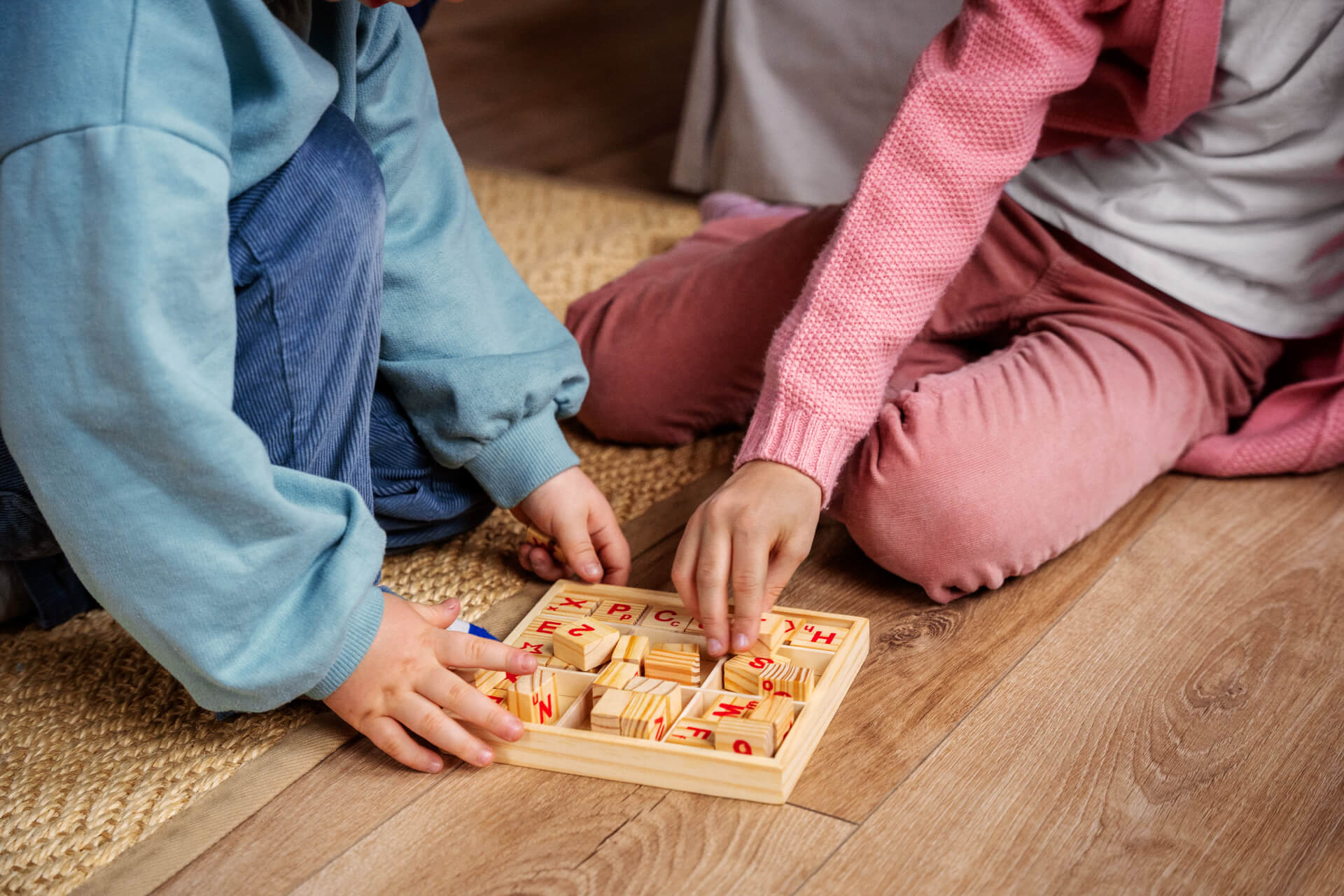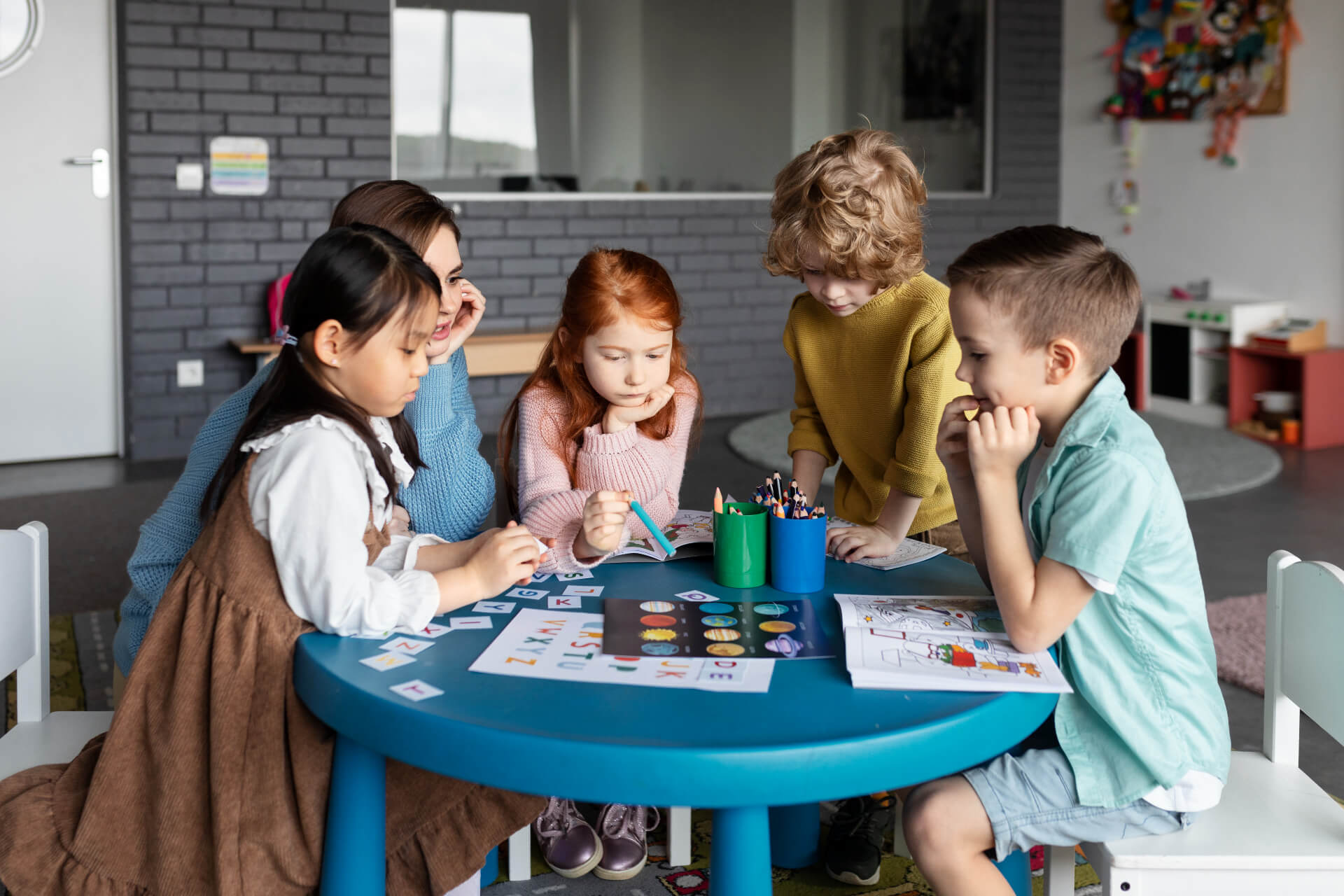School Adventures: Exciting Learning with Escape Rooms
Fri, 25 Aug, 2023
Embark on a journey through the theses presented in this article:
- Enhancing Learning through Immersive Adventures
- Teamwork and Collaboration: Building Bonds through Challenges
- Enhancing Memory and Problem-Solving Skills
- Time Management and Attention to Detail: Lifelong Skills
- Sparking Curiosity and Boosting Confidence
- Conclusion: Where Adventure Meets Learning
Enhancing Learning through Immersive Adventures
Have you heard about Escape Rooms? These cool games involve solving puzzles to "get out" or "escape." These rooms offer more than just fun; they can make school more exciting too! Imagine if schools started incorporating Escape Room games into their curriculum.
In today's world, where education needs to be creative to engage students, Escape Rooms provide an exciting way to promote learning. By introducing puzzles and challenges into the curriculum, students can actively learn through practical examples. Imagine students solving math puzzles or understanding historical events through puzzle-solving. This approach boosts motivation to engage in class and fosters critical thinking and problem-solving skills.

lding Bonds through Challenges
At NoWayOut, we understand that games can aid learning. Our rooms aren't just for fun; they challenge you, encourage teamwork, and stimulate your brain. This blend of fun and learning could transform how kids perceive school.
Collaboration is a common thread between Escape Rooms and school. In both, children learn to collaborate, solve problems, and celebrate discoveries. In an educational context where group projects often play a role, Escape Room-like activities can emphasize the importance of teamwork. Students learn not only to cooperate, but also how to effectively blend different skills and perspectives to achieve common goals.
Enhancing Memory and Problem-Solving Skills
Escape Rooms ingeniously help children enhance their memory. As kids play these games, they must recall and connect clues, effectively improving their memory skills. It's as if they're training their brains to remember things better, which is highly valuable for subjects requiring memorization.
Moreover, Escape Rooms enhance children's problem-solving abilities. When working on intricate puzzles with hidden solutions, they become better at creative thinking. This experience equips them with diverse approaches to solving problems, skills they can also apply in school. The ability to analyze abstract information, identify connections, and devise innovative solutions is invaluable within an academic context.
Time Management and Attention to Detail: Lifelong Skills
Escape Rooms teach children a crucial skill: time management! Completing tasks within time limits teaches them to use their time wisely – a skill that aids in tests and school activities. Students learn to prioritize and work efficiently to succeed within a limited timeframe. This skill is valuable not only in an educational setting but also in later life when handling tasks and projects.
In Escape Rooms, attention to detail matters. Children learn to look closely, uncover hidden clues, and establish connections. This skill assists them in school as they read texts carefully and ponder over problems. It also fosters critical thinking, as they learn to analyze and interpret different information to draw accurate conclusions. These skills are beneficial academically and contribute to overall development and analytical ability.

Sparking Curiosity and Boosting Confidence
Integrating Escape Rooms into school activities also sparks intellectual curiosity. These experiences arouse curiosity and interest, transforming learning into an exciting journey instead of a mundane task. By merging the appeal of Escape Rooms with educational concepts, educators can sustain children's interest.
As children take on the challenges of Escape Rooms, they naturally develop a sense of accomplishment, bolstering their self-confidence. This newfound confidence can extend to their school activities, encouraging them to embrace academic pursuits without fear of failure. Mastering challenging puzzles and solving problems inculcates students with a feeling of capability and self-assurance that extends beyond the confines of the Escape Room encounter.
Conclusion: Where Adventure Meets Learning
In conclusion, the synergy between Escape Rooms and school activities is undeniable. The fusion of Teambuilding, problem-solving, time management, and memory enhancement makes learning exciting and fulfilling for children. Through the fun of Escape Games, schools can turn learning into an exhilarating adventure that kids love.
Escape Rooms unveil a world of learning where knowledge isn't just taught, but experienced. This interactive approach has the potential to revolutionize education, allowing students to develop skills in an entertaining environment. When students learn through play and have a blast doing so, education becomes a genuine journey of growth and discovery. Incorporating Escape Room concepts into the curriculum can establish a mutually beneficial scenario for students, educators, and the entire educational system.





